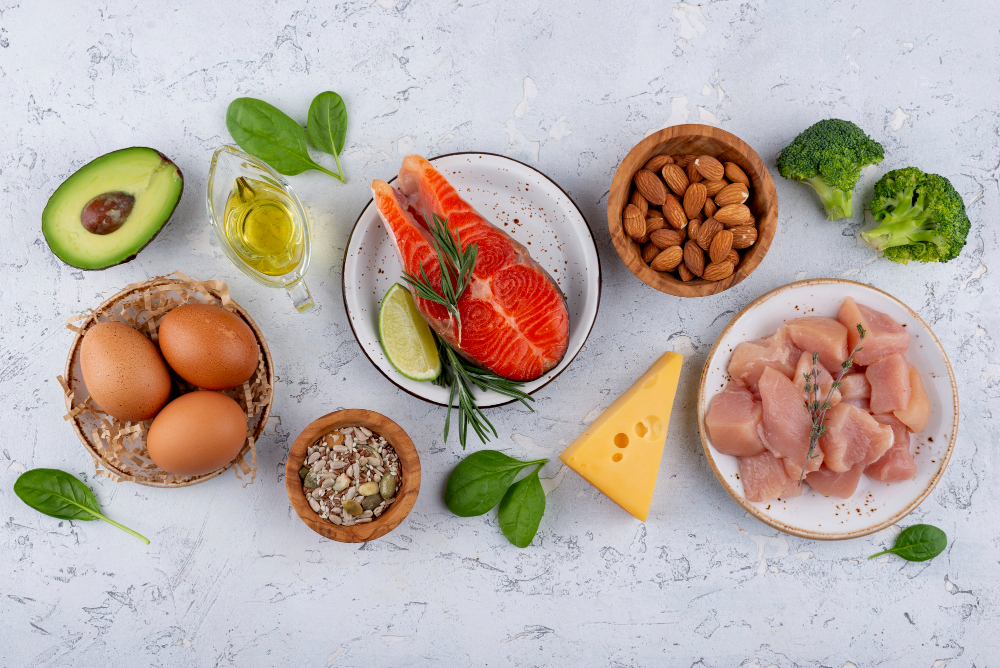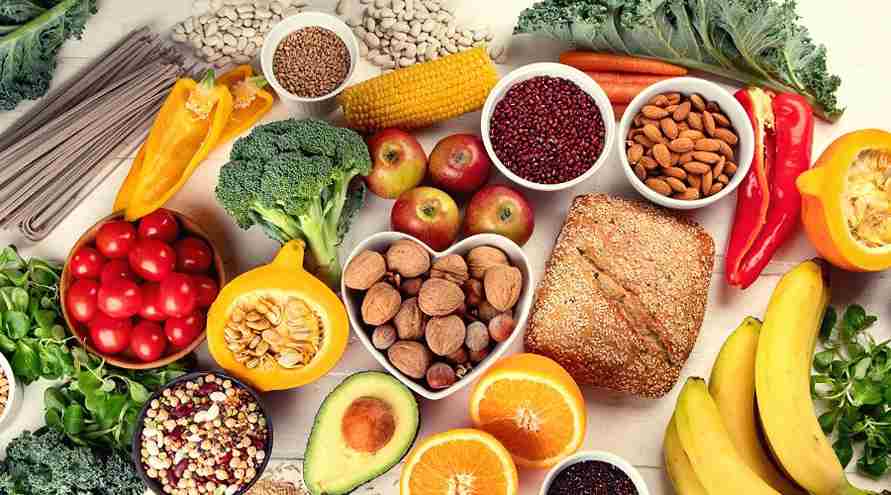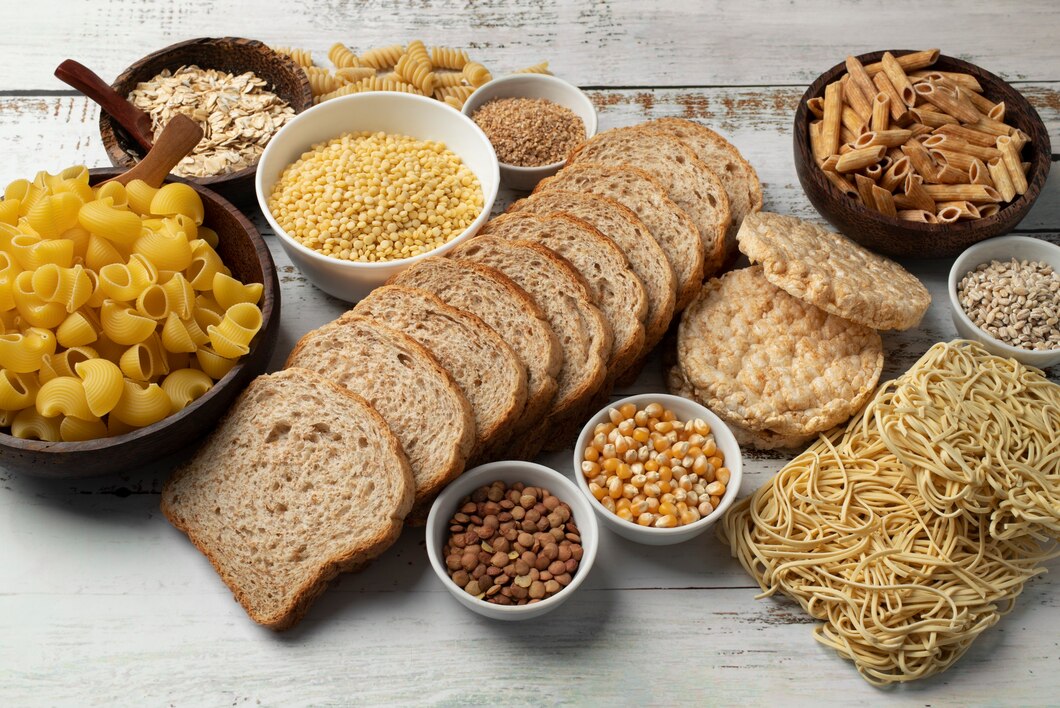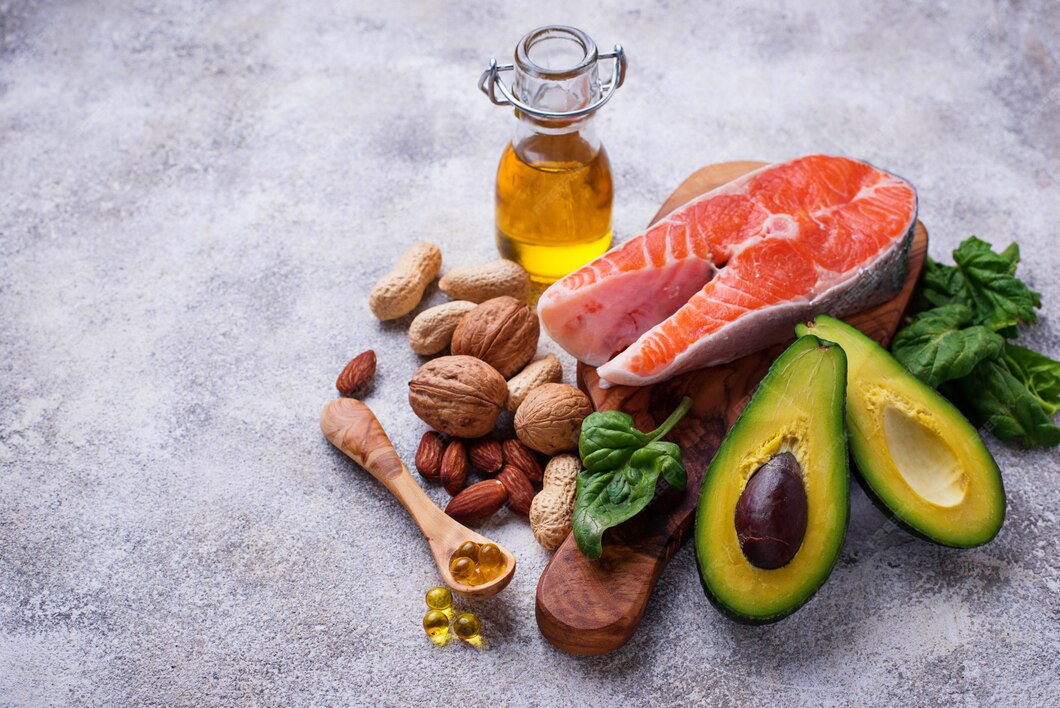There is more to recovering an illness, injury or even hard physical activity than simply having rest- one must also replenish their body using the appropriate nutrients. And then food is not only a kind of fuel, but also your partner in recovery. The decisions you make at the dinner table can speed up healing, inflammation and rejuvenate your body energy. Our dietitians provide useful and evidence-based nutrition tips to recover better.
Protein is the most significant nutrient when the body is in the healing process. It gives the building blocks, which are the amino acids, aiding the repair of the muscles, tissues, and cells. Lack of sufficient protein can cause a wound to take longer to heal, and the process of post-surgical or post-injury recovery can be slowed down.
The best sources of protein in terms of recovery are:

The colorful produce of nature does not simply enliven your plate, but is interior fuel to recovery. Fresh fruits and vegetables contain protective compounds that relax inflammation, combat cell destruction, and strengthen the immune system. Good sources of vitamin C that promote the synthesis of collagen. Some of the leafy greens include spinach, kale and Swiss chard that have iron and folate that are utilized in the production of healthy red blood cells.

In the recovery process, your body requires regular energy and the best source of energy is whole grains. High levels of fiber, B vitamins and trace minerals are found in them and they aid in metabolism of energy and reduce fatigue.
Grains with substitutes like:

Good fats combat inflammation and enhance cell repair. Specifically, omega-3 fatty acids have been known to alleviate post-injury/surgery swelling and recovery of injuries and surgeries.
Include sources such as:

Hydration is one of the factors that are not taken seriously, yet essential in recovery. Water aids in the transportation of nutrients, purification of the body and the maintenance of the joints being flexible. Miscellaneous incidences of dehydration can hasten fatigue and retard healing.
There are vitamins and minerals that are directly involved in the healing process:
Eating a lot of food and heavy foods can give a heavy burden to digestion at a time when the body is already working hard to recover. Rather, attempt to eat less, but balanced foods in intervals. A good plate should include:
Snacks, candy, and fried food are extremely processed and these foods have the potential to worsen inflammation and slow down healing. Their energy is just empty calories which do not contain nutrients your body needs most. The intake of these should be decreased and the intake of more nutritious and active meals to contribute to the course of recovery should be increased.
A healing process is a process where nutrition is equally significant as rest and medicines. The most appropriate food, that is high in protein, vitamins, minerals and healthy fats, enables an individual to get well sooner, gain strength, and feel better, quicker.
Copyright © 2026 Sehgal Neo Hospital. All Rights Reserved.